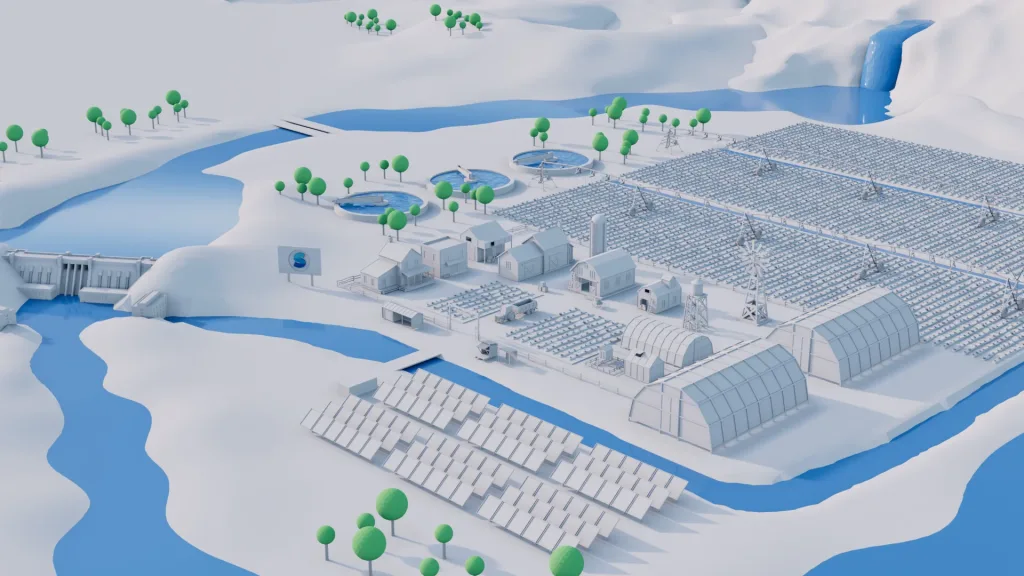The Importance of Water Conservation and How Pumps Can Help
Category : Energy Efficient Pumps , Water Pumps
Water is a precious resource, and as global concerns about water scarcity rise, the need for efficient water management becomes increasingly vital. In this blog post, we’ll delve into the significance of water conservation and explore how the right pumps can play a crucial role in promoting sustainable water usage.
Understanding the Need for Water Conservation:
Water scarcity is a growing global challenge, impacting communities, agriculture, and industries. Conserving water is not just an environmental responsibility; it’s a necessity for ensuring a sustainable future. By using water wisely and minimizing waste, we can contribute to the preservation of this essential resource for generations to come.
The Role of Pumps in Water Conservation:
Water pumps are integral to various processes, from supplying water for agricultural irrigation to maintaining water pressure in residential and industrial settings. Here’s how the right pumps can actively contribute to water conservation efforts:
1. Efficient Water Distribution:
- Modern pumps, such as those with variable speed drives and smart control systems, can distribute water more efficiently. This ensures that the right amount of water is delivered precisely where it’s needed, minimizing wastage.
2. Precision Irrigation in Agriculture:
- Agricultural irrigation is a significant consumer of water. Pumps designed for precision irrigation allow farmers to optimize water use by delivering the precise amount required by crops, reducing excess water application and runoff.
3. Leak Detection and Prevention:
- Pumps equipped with advanced monitoring systems can detect leaks in the water supply system. By identifying and addressing leaks promptly, water loss is minimized, and overall system efficiency is improved.
4. Reclaimed Water Systems:
- Pumps play a vital role in reclaimed water systems, where treated wastewater is reused for non-potable purposes. These systems reduce the demand on freshwater sources and contribute to sustainable water use.
Tips for Water-Efficient Pumping:
- Regular Maintenance:
- Keep pumps well-maintained to ensure optimal performance. Regular inspections and timely repairs prevent inefficiencies and water wastage.
- Upgrading to Energy-Efficient Pumps:
- Consider upgrading to energy-efficient pumps with features like variable speed drives. These pumps not only save energy but also enhance overall system efficiency.
- Implementing Smart Pumping Solutions:
- Explore smart pumping solutions that utilize sensors and automation to adapt pump operation based on real-time demand. This ensures water is delivered efficiently without excess usage.
Community and Environmental Impact:
Efforts to conserve water through efficient pumping systems extend beyond individual benefits. By adopting water-saving practices, communities can collectively contribute to preserving water resources and reducing the environmental impact of excessive water consumption.
Conclusion: A Sustainable Future with Responsible Water Management
As stewards of the environment, it’s our collective responsibility to prioritize water conservation. By investing in and promoting the use of water-efficient pumps, we can make significant strides towards a sustainable future where water is used wisely and preserved for generations to come.
At [Your Company Name], we are committed to providing water pumps that not only meet your operational needs but also align with our shared commitment to water conservation. Contact us today to explore how our pumping solutions can contribute to a more sustainable and water-efficient future.
SAER Pumps have made improvements to their pump range to ensure efficiency is the priority
Remember, every drop saved today contributes to a greener tomorrow!
